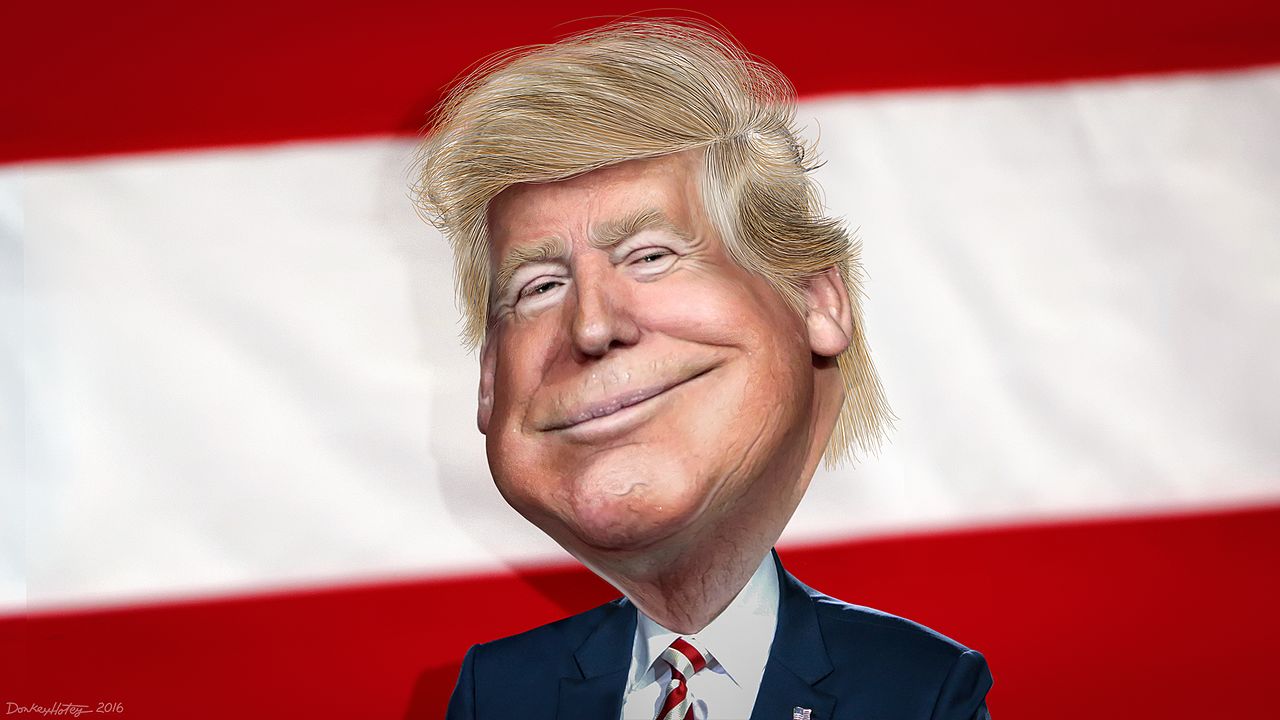By: David O. Monda
When Donald Trump was inaugurated on November 8th 2016, there was a fundamental change in the direction of American foreign policy. Trump’s foreign policy is centered on three fundamental principles. The first is a skepticism about international military and diplomatic entanglements. The second is an instinctive unilateralist “America First” policy in International Relations. The third principle centers around a skepticism regarding international institutions and the limitations they pose on America’s freedom to act when and how it sees fit in pursuing its national interest.
In relation to the first principle, Trump’s skepticism about international military and diplomatic entanglements can be seen in his policy towards the North Atlantic Treaty Organization (NATO). His critique of the organization centered on the fact that it had become too large and costly to the United States. He argued that it was no longer serving its founding purpose. He expected European powers to pay more for their own security rather than relying disproportionately on the US to bear the largest burden of the organization’s budget.
On the diplomatic front, in relation to the United Nations, Trump has pulled out of the UN driven Paris Climate Accord. This further illustrates his skepticism for international diplomatic entanglements he feels are counter to American interests.
Trump’s second principle, seen in a unilateralist “America First” policy, is illustrated in his pro-Israeli foreign policy. This is seen in his recent decision to move the US embassy from Tel Aviv to Jerusalem while accepting the Golan Heights as a part of Israel. His pro-Israel policy in the Middle East was further reinforced with his appointment of Kelly Craft as the Permanent Representative of the US Delegation to the United Nations. Kelly Craft was once a member of the influential pro-Israeli American Israel Public Affairs Committee (AIPAC) and has personally met current Israeli Prime Minister Benjamin Netanyahu. Trump’s unilateralist “America First” policy in International Relations pays scant attention to world opinion. In addition to this, his pro-Israel Middle East policy also plays to his US domestic base, which will be critical to reelecting him in 2020.
The third principle centers on a skepticism about international institutions. Trump resents the limitations that international institutions place on America’s freedom to act when and how it sees fit in pursuing its national interest. He is against the idea that America is exercising its power legitimately only when doing so on behalf of someone or something else.
What are the consequences of these three principles? America has found itself isolated on major international agreements such as the Paris Climate Accord. The US has also faced “soft balancing” in international affairs. This involves its opponents and allies using diplomatic and political tools to make the costs of American unilateral action much higher. China and Russia for instance have vetoed resolutions sponsored by the US in the United Nations. Allies like Turkey have openly defied the US by siding with America’s opponents like Russia on America’s Syria policy. China has engaged on the Belt and Road Initiative as a geo-political and geo-strategic tool to limit the influence of the US in South East Asia and around key energy and trade routes internationally. Lastly, American allies in NATO have openly questioned the US commitment to defend its allies in light of Trump’s reevaluation of the utility of NATO.
Trump’s principles have reshaped the American foreign policy matrix. However, the foreign policy focus for US presidents in their first terms is not always the foreign policy focus at the end of their second terms. With 2020 fast approaching, a successful Trump reelection could result in a reevaluation of his three core principles in light of the legacy issues around his presidency.
David O. Monda is professor of Political Science at City University of New York – Guttman College
Image: Caricature of Donald Trump by DonkeyHotey, adapted from a Creative Commons licensed photo from Gage Skidmore’s Flickr photostream










Leave A Comment